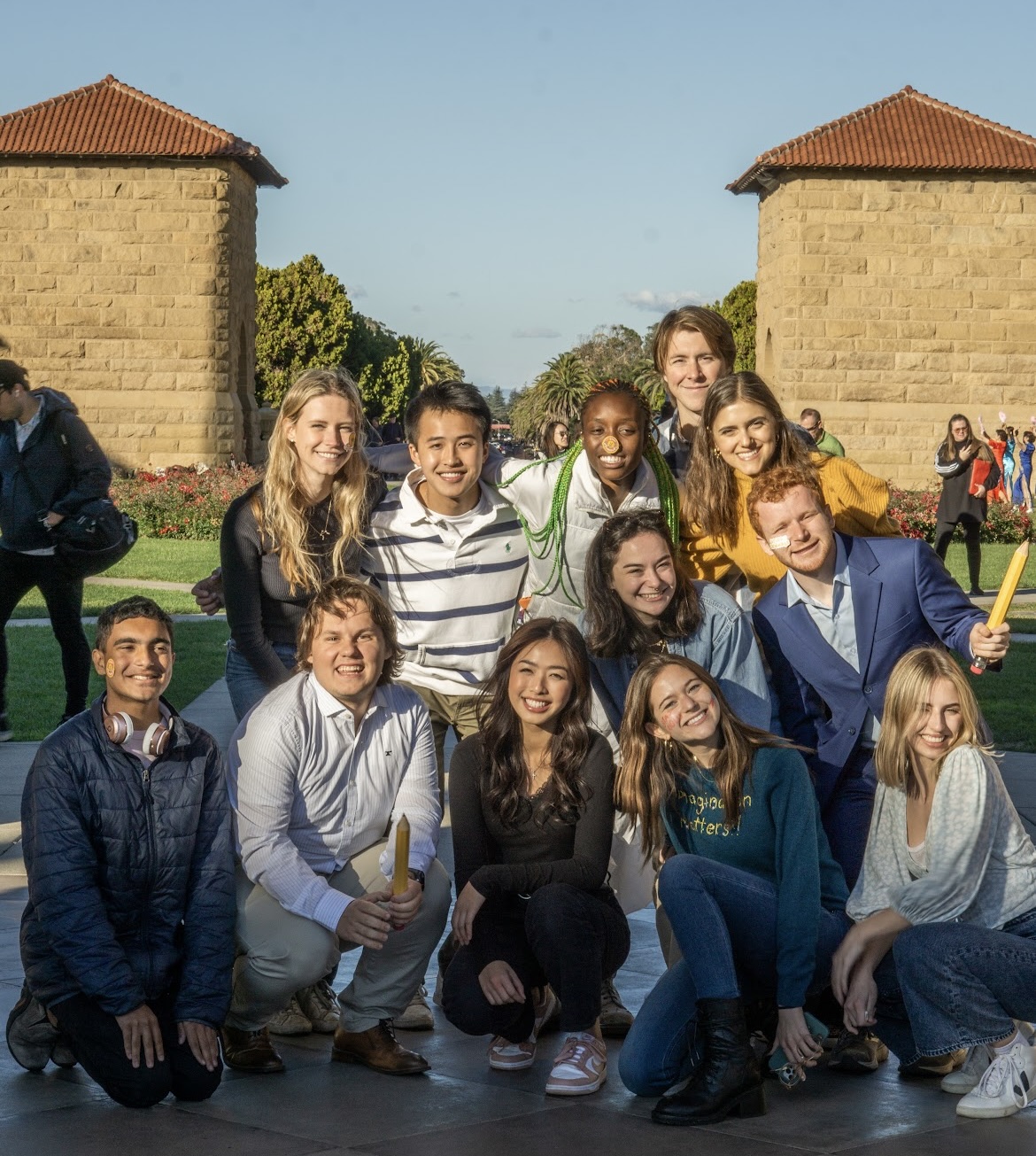Wildwood Press Meets Curious Cardinals
Educational concepts, innovative ideas, and engaging discussions. These are just a few of the phrases I could use when describing my Curious Cardinals journalism experience. My name is Kate Eisenpresser-Davis, and I am a Student Ambassador for Curious Cardinals. I first got involved in the program when I, along with 4 other students at my school, created a custom journalism class. Those of us in the workshop were either founders or section editors of our Middle School newspaper, The Wildwood Press. I started the newspaper club six months before the onset of the pandemic and was just beginning to settle into my role as Editor-in-Chief. With just five issues published when Covid hit, the paper still felt very much in its infancy. We engaged in weekly typeface, logo experiments, and constant debates over who was in charge of what.
Last March, our community attempted to understand what virtual school would look like and what life, in general, would be in the New Normal. As reporters, we knew this new life in the pandemic was the big story, but we feared the paper would be the last priority for everyone. We also believed that a shared passion and focus would keep our community together, instill a sense of purpose, and bolster the collaborative spirit that defines our school. We managed, at times precariously, to organize two online issues between April and Summer Break in May, but when we started back in the Fall, we knew we were at a crossroads. Not only did we no longer have a club adviser, but we also had very little knowledge of how to run a newspaper. Whether it was formatting problems, figuring out how stories should be pitched, or establishing an editor hierarchy, we knew we had a lot to learn.
The status of the paper was still fragile as it entered its second year. We understood that faculty rightfully had their hands full, and though they would always cheer us on, they couldn’t support us in person when we shifted to distributed learning. I worried that our paper could easily become a distant memory to future students. I didn’t want our hard work, vision, and determination to be for nothing. An established paper was my commitment, and Curious Cardinals was our avenue to create just that.
The Journalism workshop began in September, and thanks to Curious Cardinals, not only did we create a schedule and hold each other accountable, but we also developed into real journalists. Curious Cardinals gave us the opportunity to moderate guest speaker panels, to act out pitches in a “newsroom,” and to get a chance to interview people in our neighborhoods about their jobs. The curriculum for the first six weeks included a dissection and investigation of biases found in popular news sources. We explored what made a story newsworthy and how to conduct interviews, identify main ideas, and create supporting evidence. One of the highlights was the Q&As with guest speakers like CNN reporter Bianna Golodryga, Pulitzer Prize-winning photographic journalist Barbara Davidson, and award-winning Washington Post reporter Nick Anderson, and many others.
These intimate Zoom meetings between top journalists and our class, made possible by Curious Cardinals’ incredible network, were truly a silver-lining of Covid and an incredible way to cut through the isolation. In fact, it may not have happened had everyone not been working from home and not needing to take significant time from their busy schedules to speak with us. Getting to sit outside among friends and listen to award-winning journalists generously share their stories and answer our many questions was by far one of the best parts of our year. Thanks to the connections that Curious Cardinals has to the professional community by cold emailing and taking chances, we could meet and be motivated by heroes covering the most important stories of our time and feel hopeful again about our future. I remember feeling so inspired by the CNN reporter who first thought she wanted to be an actor but ultimately chose the path of journalism. She explained how her theatre major gave her public speaking expertise, which ultimately led to television reporting. Her story made me realize that you don’t need to choose a single focus because your interests can develop simultaneously leading you down unexpected paths. Theatre and journalism are my two greatest passions, so interviewing someone who shared both and achieved so much was deeply impactful.
Our teachers, Cece and Emily, as well as the guest speakers, taught us not just what to DO, but how to THINK about Journalism. They showed us the importance of asking questions. What makes a Story? Is it New, First, Important? What are the ethical responsibilities of a journalist? Who determines what is newsworthy? How do we bring the world together by sharing knowledge, information, struggles, and breakthroughs, so that we can be more universally connected to one another? Journalism makes the world feel both bigger and smaller. Through technology, social media, and Zoom, we are able to relate more than ever despite our physical distance. Our mentorship with Curious Cardinals didn’t just take our newspaper to the next level; it taught us how journalism affects the world and how the stories shared and news reported change people’s lives. For me, the most valuable takeaway is that journalism isn’t just about writing articles or disseminating information, but about connecting us to one another and giving voice to those who may not otherwise be heard.


.png)